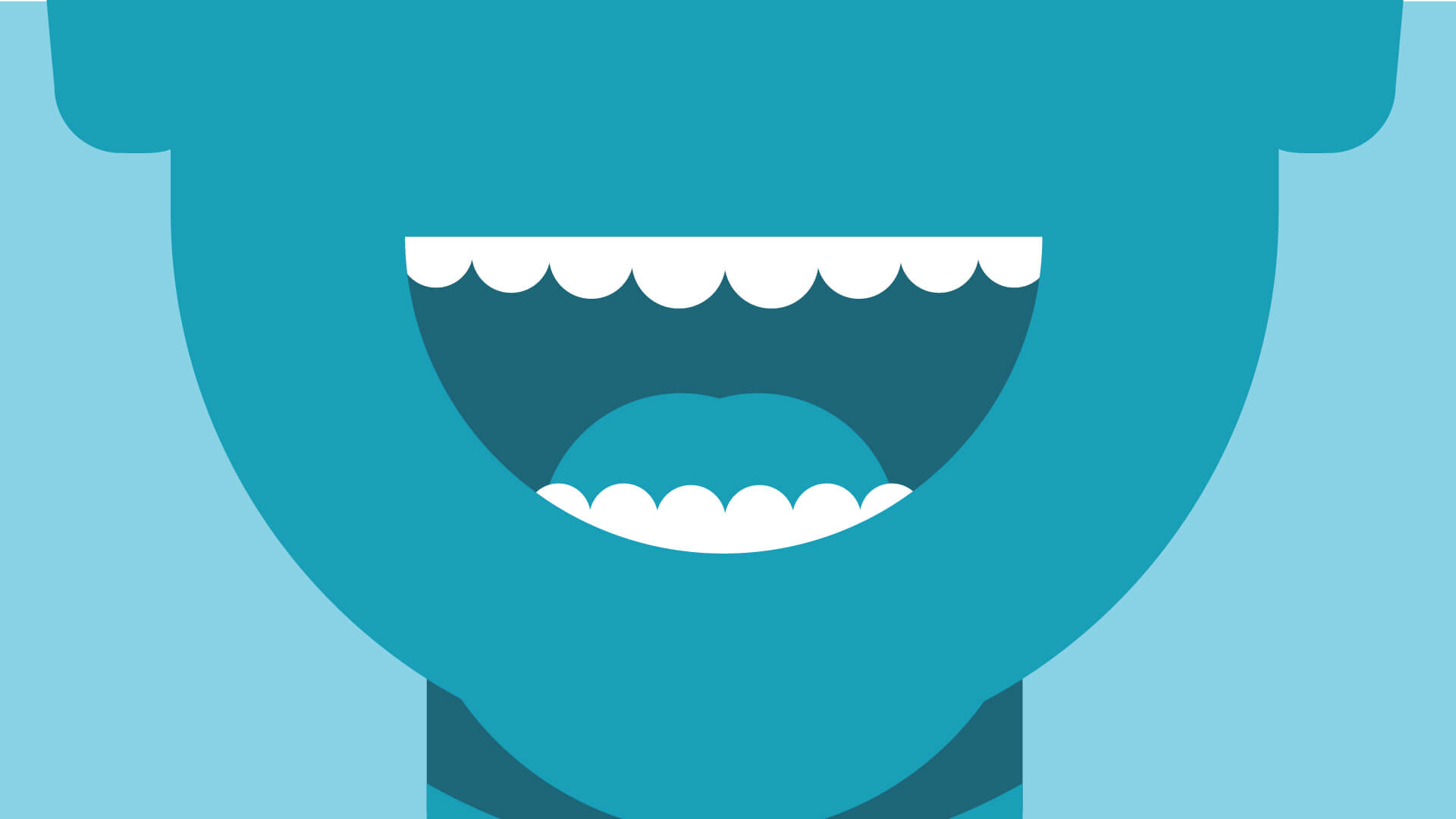Your smile is one of the first things that people notice about you. Flashing those pearly whites makes a good impression, and boosts people’s confidence in you. A good smile and clean white teeth are a sign of good health and give you the confidence you need to face the day.
Yellow or faded teeth are an issue that a lot of people grapple with. Sometimes, teeth become yellow and stained due to bad lifestyle choices, like smoking, alcohol, and excessive caffeine intake. Other times, tinted teeth can a sign of poor dental hygiene. Dental issues can also cause discolouration in the teeth.
While whitening the teeth alone does not guarantee good oral health, it does help inspire you to take better care of your teeth. The kind of toothpaste you use, plus regular brushing and flossing, and some other home remedies, can help whiten your teeth naturally. If you require professional intervention, then there are many options for teeth whitening. Your dentist will be able to help you with that.
Teeth whitening procedure
Teeth whitening is a simple process. Most teeth whitening products contain a bleach, which can be either hydrogen peroxide or carbamide peroxide. These bleaches work on breaking the stains into smaller pieces, which reduces the concentration of the colour on your teeth, making them brighter.
Your doctor will be able to tell you which product would best suit your needs, as different bleaches work differently on the teeth. The cause of the discolouration is essential in deciding which whitening product or process will help combat it.
For example, yellow and brown teeth don’t always bleach well, and grey areas don’t respond to bleach at all. Also, whitening does not work on caps, veneers, crowns, or fillings, and it will be ineffective on discolouration caused by an injury.
There are also stain removal toothpastes that can help slight discolouration or mild yellowness of the teeth. They help remove surface stains only, so if the problem is deep, they may not be as effective.
Your doctor is best qualified to tell you how to get white teeth. Using the wrong products can cause tooth sensitivity in mild cases, and damage tooth enamel or gums in extreme cases.
Teeth Whitening Tips and Home Remedies
Oil pulling is a traditional Indian folk remedy, which involves swishing oil around in your mouth to remove bacteria. This is meant to improve oral hygiene and remove toxins from the body. Traditionally, sunflower or sesame oil is used, but any oil can work. Coconut oil, however, is a popular choice because it has a pleasant taste, and offers many additional health benefits.
Baking soda has natural whitening properties, which is why it's a popular ingredient in most toothpaste. It is a mild abrasive that scrubs away surface stains, and creates an alkaline environment where bacteria cannot grow. This remedy may take a while to show significant results, but it is beneficial. Be careful not to swallow the paste though and rinse your mouth well after use.
Another natural bleach is hydrogen peroxide, which has been used for years to disinfect wounds because of its ability to kill bacteria. Commercial whitening products contain hydrogen peroxide, although at a much higher concentration than what you should use at home.
Acetic acid, which is the main active ingredient in apple cider vinegar, kills bacteria and is also useful for cleaning your mouth and whitening your teeth. However, the same acid can also erode the enamel on your teeth, so do not use on a daily basis.
Fruits and vegetables are great for your body when consumed, and their peels can also help keep your teeth white. Strawberries and pineapple, for example, rub plaque away as you chew.
Prevention is always better than cure. Limit foods and beverages that cause discolouration, and avoid smoking which is known to turn your teeth yellow. Sugar is also a culprit in the growth of bacteria, which causes discolouration in the teeth.
When having coffee, tea, or soda, opt to drink through a straw to reduce contact with your teeth.
A good oral hygiene regime will help keep your teeth bright and white. Brushing and flossing regularly, and a swish of mouthwash can keep the bacteria at bay and your teeth white for that sparkling smile.
According to a recent survey, teeth whitening is one of the most requested cosmetic treatments at the dentist office. With the advent of new at-home techniques, teeth whitening is more popular than ever and relied on as a quick way to boost confidence.
In-Office Teeth Whitening Treatments
Your dentist can perform a professional tooth-whitening treatment, which involves applying strong agents to the teeth while also taking special precautions to protect the gums and rest of your mouth (the procedure typically involves gels with buffers that protect teeth from damage). These treatments significantly brighten teeth, making them up to 10 shades whiter. But they only whiten the front eight teeth.
DIY Teeth Whitening Treatments
Do-it-yourself whiteners are readily available at any drugstore and have become popular and affordable alternatives to the professional treatments. Some options to look for include: whitening mouthwash, like LISTERINE®, whitening toothpaste, whitening strips, paint-on tooth gel, mouth trays with gel and whitening gum. These at-home whitening methods, used without dentist supervision, are considered generally safe by cosmetic dentistry associations. But if you have a diagnosed (or suspected) problem or condition with your gums, teeth or mouth, you should consult your dentist first before using DIY teeth whitening techniques. Also, be sure to follow the package instructions, and if you experience any side effects, such as tooth sensitivity, discuss this with your dentist.
